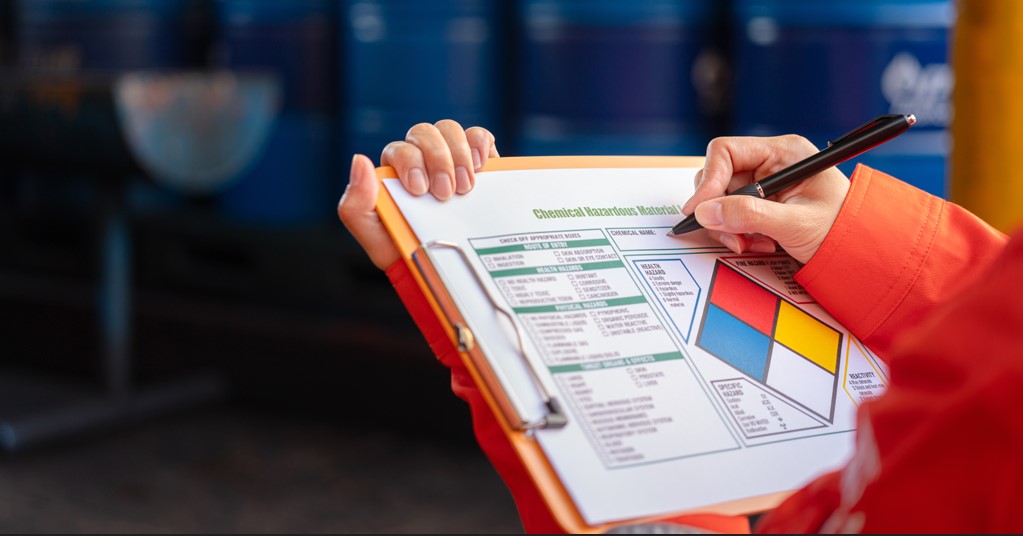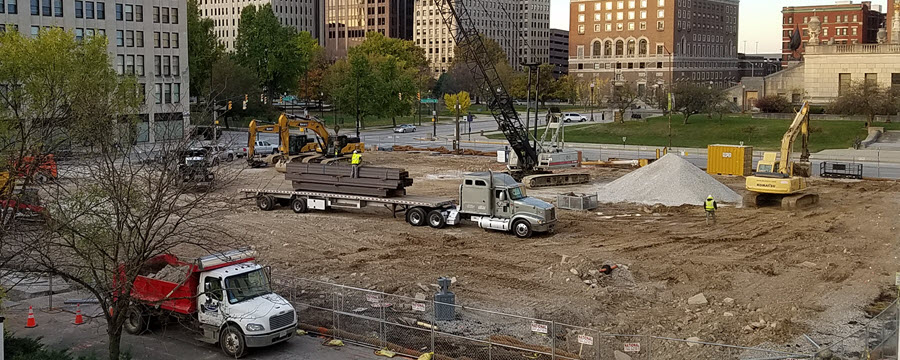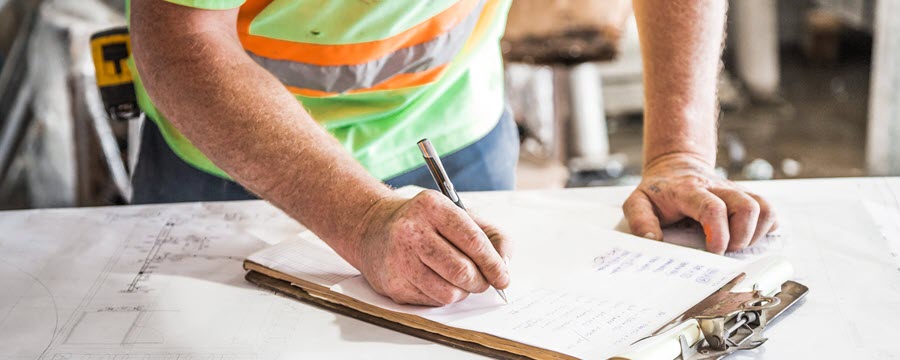
What Impact Does Stress Have on Construction Worker Health?

Everyone experiences stress, but its effects vary from person to person. Work, school, relationships and the world as a whole all present different stressors that people have to learn to cope with. In some situations, this pressure can substantially impact health, especially in dangerous industries like construction. Here are some of the ways it can affect workers in this industry.
Causes of Stress in Construction
The problem of stress in the construction industry isn’t a new one. Studies dating back more than 20 years have explored potential causes and ways to manage it in this fast-paced, high-impact industry, and that’s just the tip of the iceberg. Injuries, deadlines, combative clients and colleagues, and more can all contribute to the high anxiety levels in this industry.
Stress isn’t the only problem, at least in construction. This sector is also steeped in the macho male stereotype, primarily because most of the industry is made up of men. As such, most workers don’t seek the help they need because they’re expected to “man up” and deal with it on their own. It’s important for construction leaders to confront this culture and help create an environment of openness and growth.
The Impact of Stress
In a 2016 NPR poll, 43% of working adults stated that their job had some sort of negative effect on their life, from stress levels to eating and sleeping habits. While this poll didn’t break down the respondents by industry, in 2019, the construction industry employed more than 11.2 million workers — which provides a bit of context for the scope of this problem.
Stress also has a detrimental effect on the mental health of construction workers. Suicide rates in this sector are three times higher than average, and individuals in the construction industry are also more likely to use opioids and cocaine than in any other industry.
Stressed workers are also more prone to make mistakes or cause accidents on the job, leading to serious safety concerns. Stress takes their attention away from work, and in an industry like construction, that can lead to dangerous or even fatal accidents.
Managing Stress in the Construction Industry
What can supervisors and team leaders do to help manage stress in the workplace and on their teams?
Start by providing comprehensive health and wellness programs that allow employees to focus on themselves and their well-being. Don’t just offer token programs that have no real benefit. Supervisors need to provide all the necessary tools to help their teams stay happy and healthy on the job.
Don’t expect everyone to be perfectly stress-free at work. It’s part of the human condition. Instead, consider investing in technology or training techniques that will help keep everyone safe even if someone is a little distracted. Detection technology, for example, helps prevent accidents by alerting both heavy equipment drivers and surrounding employees if someone is about to cross paths with a massive piece of machinery.
Proper signage and alert systems at the jobsite can also keep workers alert and mindful no matter their state of mind. Clear, simple reminders of risk factors and break times can promote a culture of safety and reduce the risk of employees overlooking common danger zones due to distraction and stress.
Create and maintain an open-door policy when it comes to communication. Break down the tough construction worker stigma and encourage employees to speak with a supervisor or manager if they’re having issues with work or their stress levels are too high to safely manage alone. Sometimes the easiest thing to do to lower on-the-job stress levels is to leave that door open so employees know they have the option to talk about what is causing their stress.
Construction Zone Safety
Effectively managing jobsite safety helps reduce stress for construction workers. Knowing that proper safety measures are in place helps workers focus on the tasks at hand. Proper safety signage and alert systems at the jobsite can also keep workers alert and mindful of their surroundings no matter their level of stress.
Keeping unauthorized people out of construction zones is a no-brainer for improving jobsite safety. Construction safety signs like this make your site safety message clear to employees and visitors.
Mitigating Stress on the Construction Site
Stress might be an unavoidable part of everyone’s life, but workplace pressure doesn’t have to reach a point that it damages the team’s physical and mental health and well-being. Supervisors and business owners need to take a hand in ensuring their employees are staying safe and healthy. It’s vital to ensure the worker’s job isn’t causing undue strain that could be detrimental to physical and mental health.
This can be as simple as maintaining an open door-policy where employees have the option to speak to management about their concerns and stressors, or as complex as investing in technology to keep everyone safe and on-task. It all depends on the business’s needs. Stress can be a killer, and it often is, but it doesn’t have to be.
About the Author:
Evelyn Long is the editor-in-chief of Renovated, a web magazine for real estate and construction professionals.

